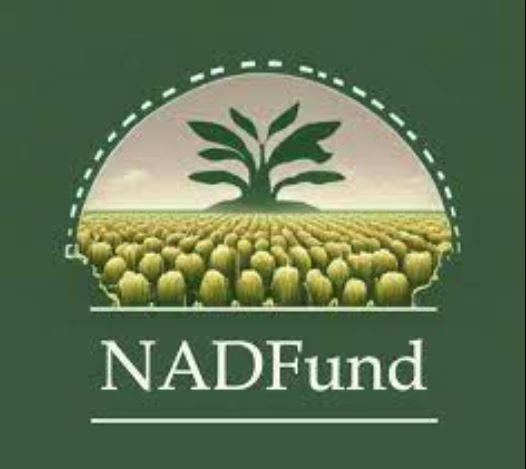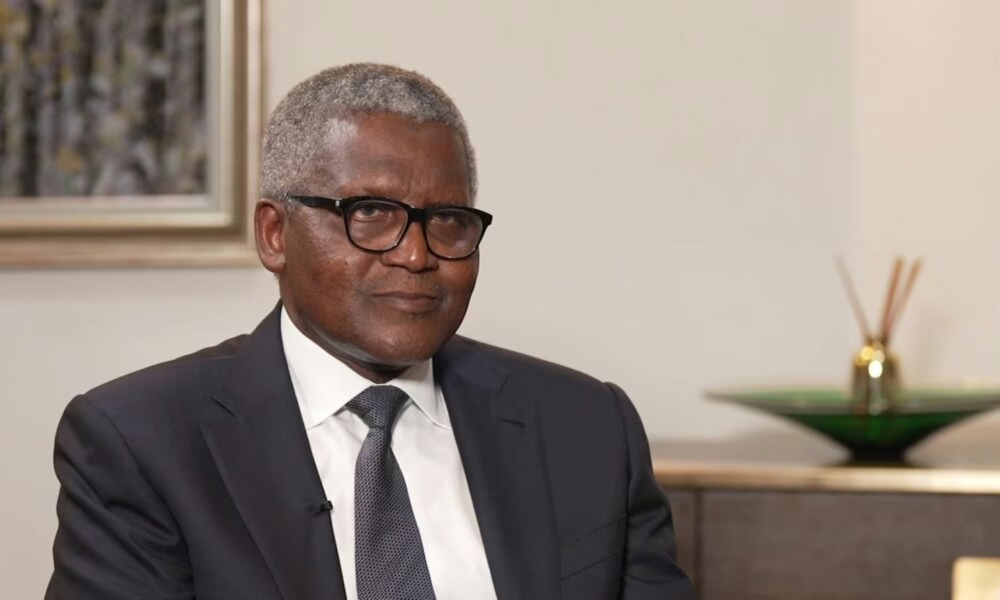The executive secretary of the National Agricultural Development Fund (NADF), Mohammed Abu Ibrahim, has said that Nigeria must double its efforts to ensure food availability, accessibility and affordability in the country.
Speaking at the 32nd convocation ceremony of the Federal University of Agriculture, Abeokuta, Ogun State, Ibrahim said Nigeria faced declining productivity under the strain of a rapidly growing population.
To address these challenges, Alhaji Mohammed said the NADF is following the federal government blueprint and directive for Nigeria’s agriculture across different subsectors of the agro-economy.
SPONSOR AD
“The next transformative challenge ahead of us is the federal government directive for the NADF to implement one of its mechanisation programmes in partnership with John Deere and TATA Africa Services. The project entails the deployment of 10,000 tractors over a period of five years, starting with 2,000 units this year.
“This initiative will create jobs, boost crop yields and make Nigerian agriculture globally competitive,” he stated.
He painted a grim picture of the country’s declining productivity, which he said demands urgent action.
He added that in 1960, the country, which had a population of about 45.9 million, produced 615,000 metric tonnes of palm oil, which accounted for 43 per cent of the global market share, but today, with a population of about 213.4 million, which represents about a 365 per cent increase, the country produces 1.4 million tonnes, which accounts for just 1.9 per cent of the global market value.
In the same period, Nigeria produced 1.9 million tonnes of groundnut, representing about a 40 per cent share of the total global production. However, the country’s global production share dropped to just 6 per cent despite producing 3 million metric tonnes.
With 310,000 tonnes of cocoa in 1960, the country was producing about 20 per cent share of the global value, but today, that value has dropped to 4-5 per cent at 270,000 metric tonnes.
While agriculture contributed 60 per cent to the country’s gross domestic product in the same period, it barely contributed just about 23 per cent currently.
He noted that “agriculture today is a thriving playground of innovation, technology and boundless opportunities; think about it: drones that monitor crop health, apps that connect farmers to markets and advanced machinery that maximises yields – the possibilities are endless.
“Agriculture is no longer just a livelihood, it is a goldmine of opportunities waiting to be tapped.”
Ibrahim said the NADF had just concluded a needs assessment of the 16 agricultural research institutes and 17 federal colleges of agriculture to identify their critical funding needs and scope commercially viable projects for which the NADF could attract private funding.
“This is in recognition of the importance of research in agriculture, taking into cognisance the dearth of funding for research development, a key challenge that has inhibited the potential of agriculture in Nigeria,” he said.
He said the agency had also invested along with private partners in the cultivation of ginger for the provision of rhizomes for the 2025 season, adding that “ginger, being a root crop, not growing it in any year means the lack of rhizomes for seeds for next year.”
Sponsored
Update: In 2025, Nigerians have been approved to earn US Dollars as salary while living in Nigeria.
Click here to learn how it works.
Join Daily Trust WhatsApp Community For Quick Access To News and Happenings Around You.











